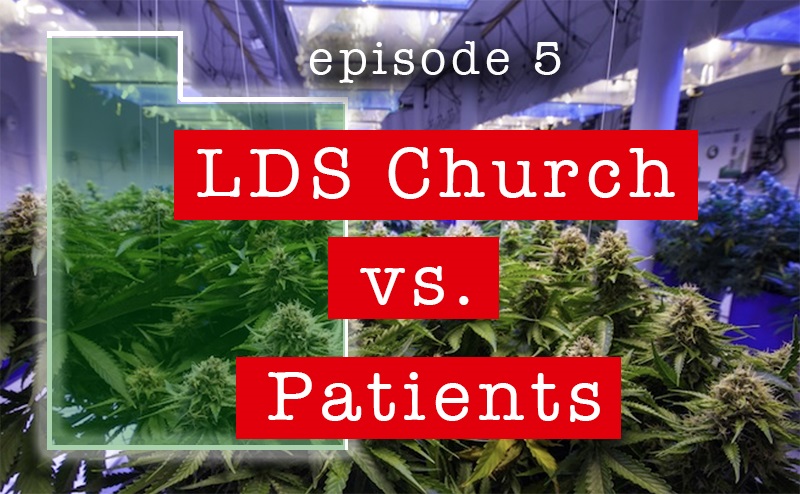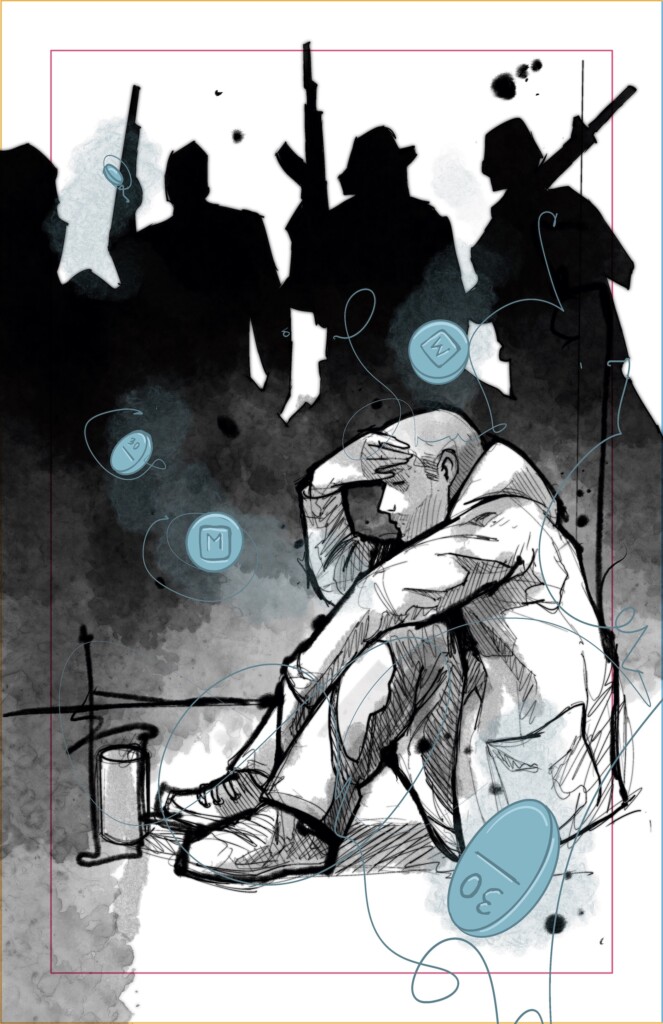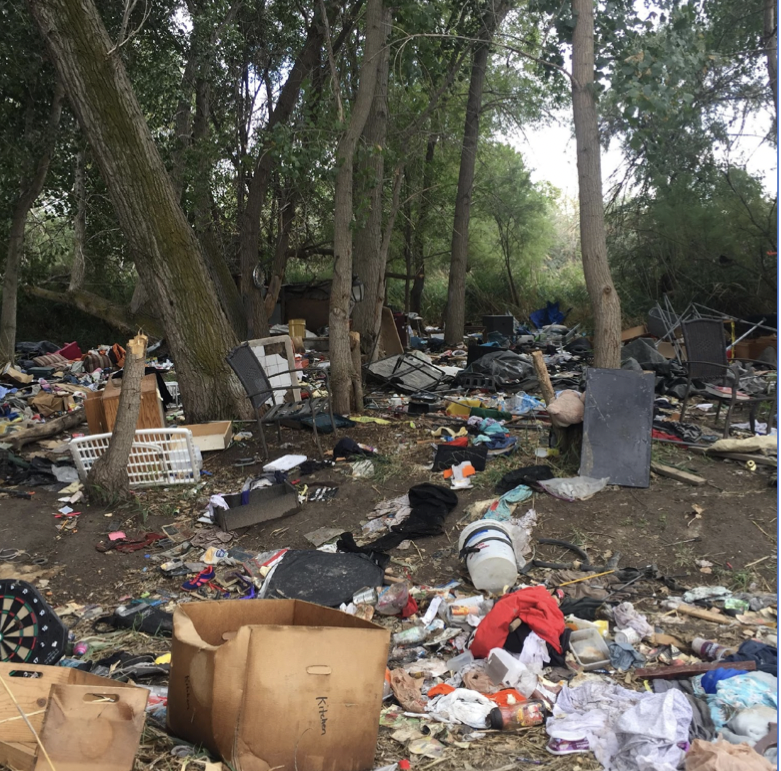The LDS Church Faces a Lawsuit if the Compromise Bill is Passed in its Current form
The Patients for medical cannabis organization called TRUCE, issued a statement to the LDS Church that they will file a lawsuit if the Church continues to direct the State Legislature in the Compromise Bill that they are pushing forward in the Utah State Legislature.
The Church has issued a statement back to TRUCE, saying that they are working for the best interests of Utah, our public safety as well as doctors and patients.
Has the LDS Church crossed the line in the separation between church and state? Have they violated the law in helping to craft the compromise bill legislation? That is what we get into in Episode Five of the Utah Stories Podcast.
Show Notes:
It is our estimation that the Church has every right to chime in on legislation that impacts the spiritual health and well-being of its members. The Church also has every right to indicate the moral stance that they are taking on particular issues, however the Church does not have the right to make specific recommendations about policies that will in effect privatize and inhibit the free-market which will then turn the tables in their favor to monopolize one huge sector of the economy.
We believe that the State-owned and operated liquor stores are a different matter because alcohol kills thousands of Americans each year and the state has a right to protect it’s residents with an added level of protection by controlling the distribution and sale of a substance that can incur or kill it’s users. However, medical cannabis is entirely different for several reason. First, this is a medicine that is certain to help many Utahns as soon as they have access. It is certain that thousands of patients who are being prescribed opioids, which are ravishing communities, will greatly benefit if they can use medical cannabis instead. No person has ever overdosed or died by using medical cannabis.






